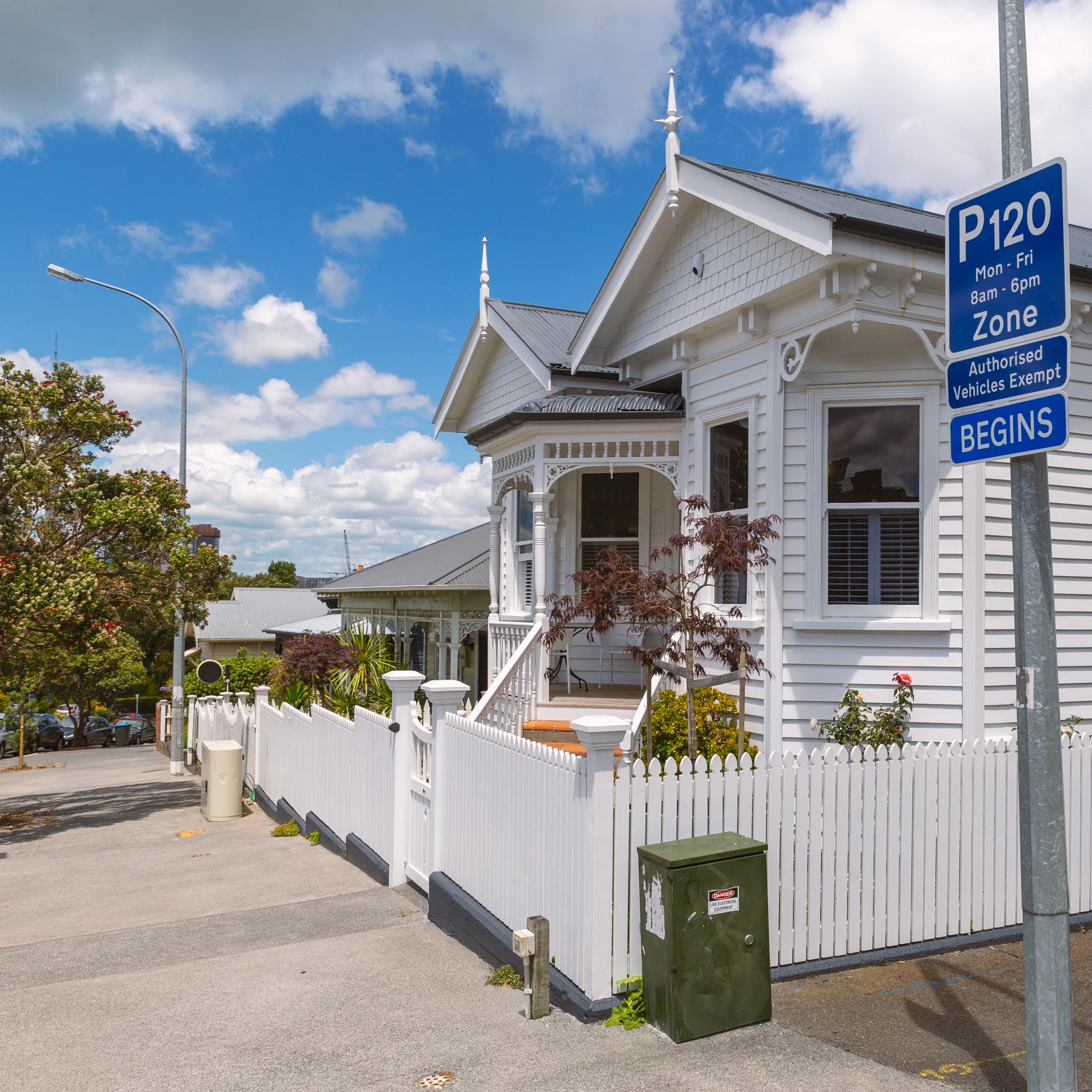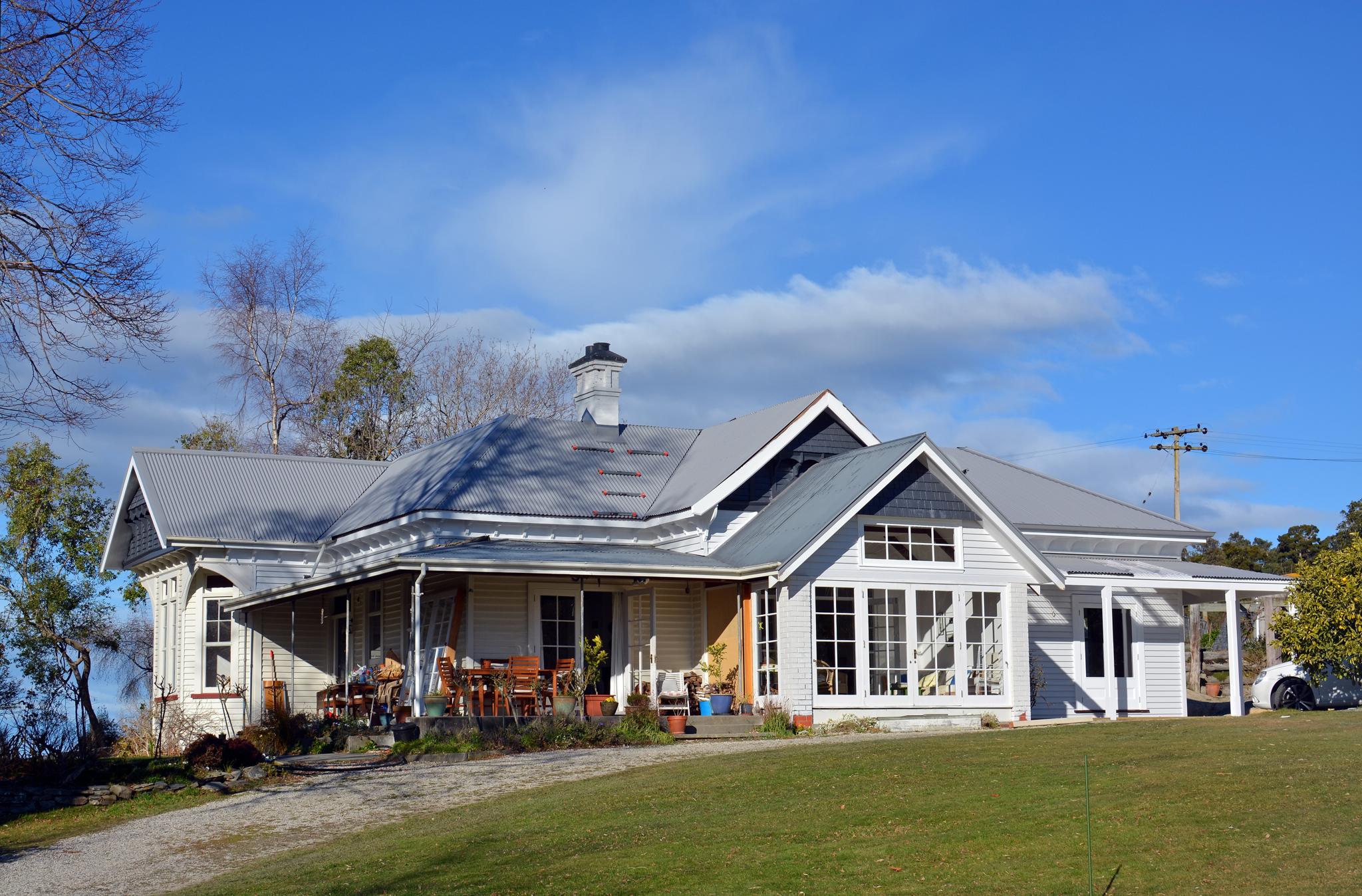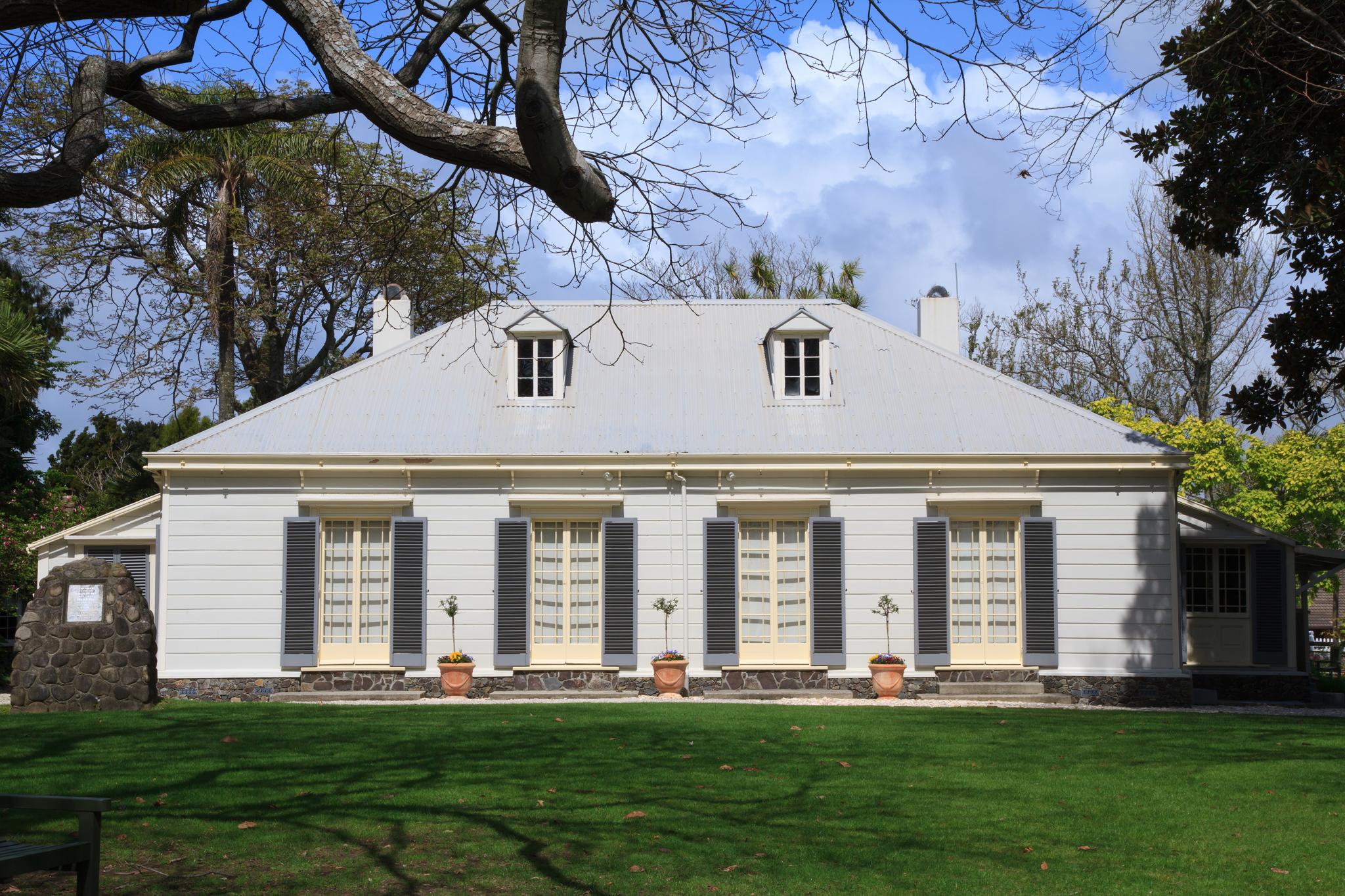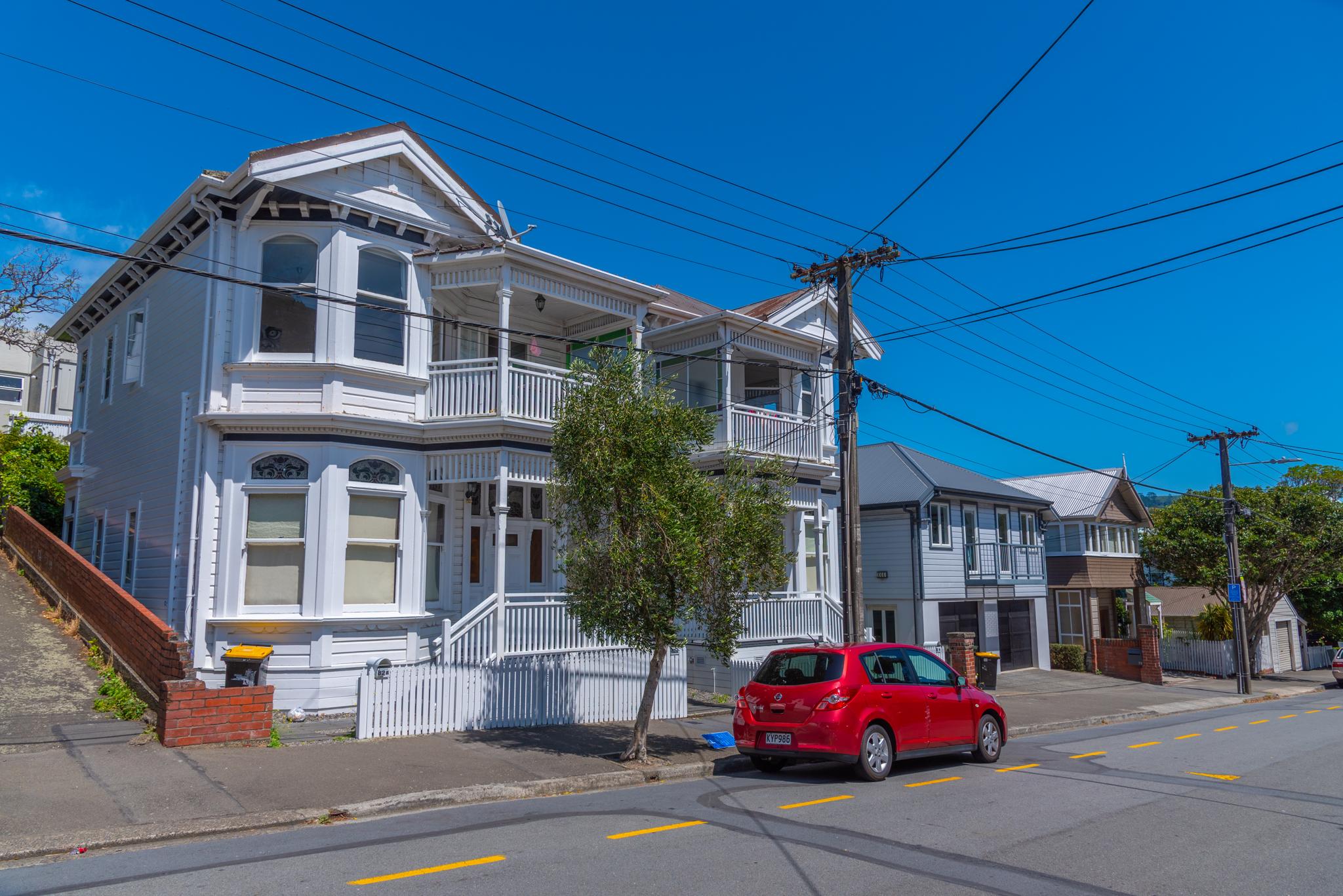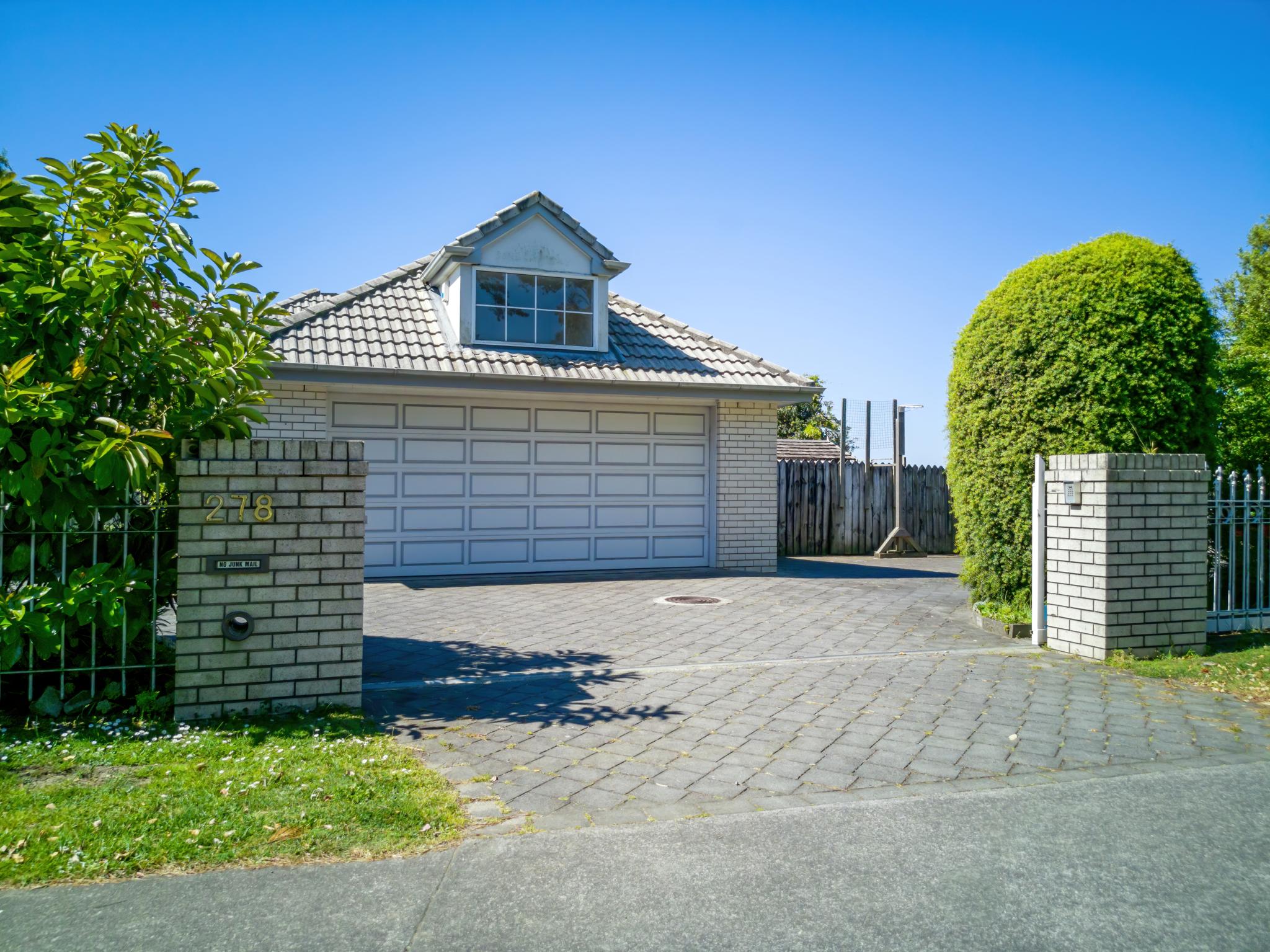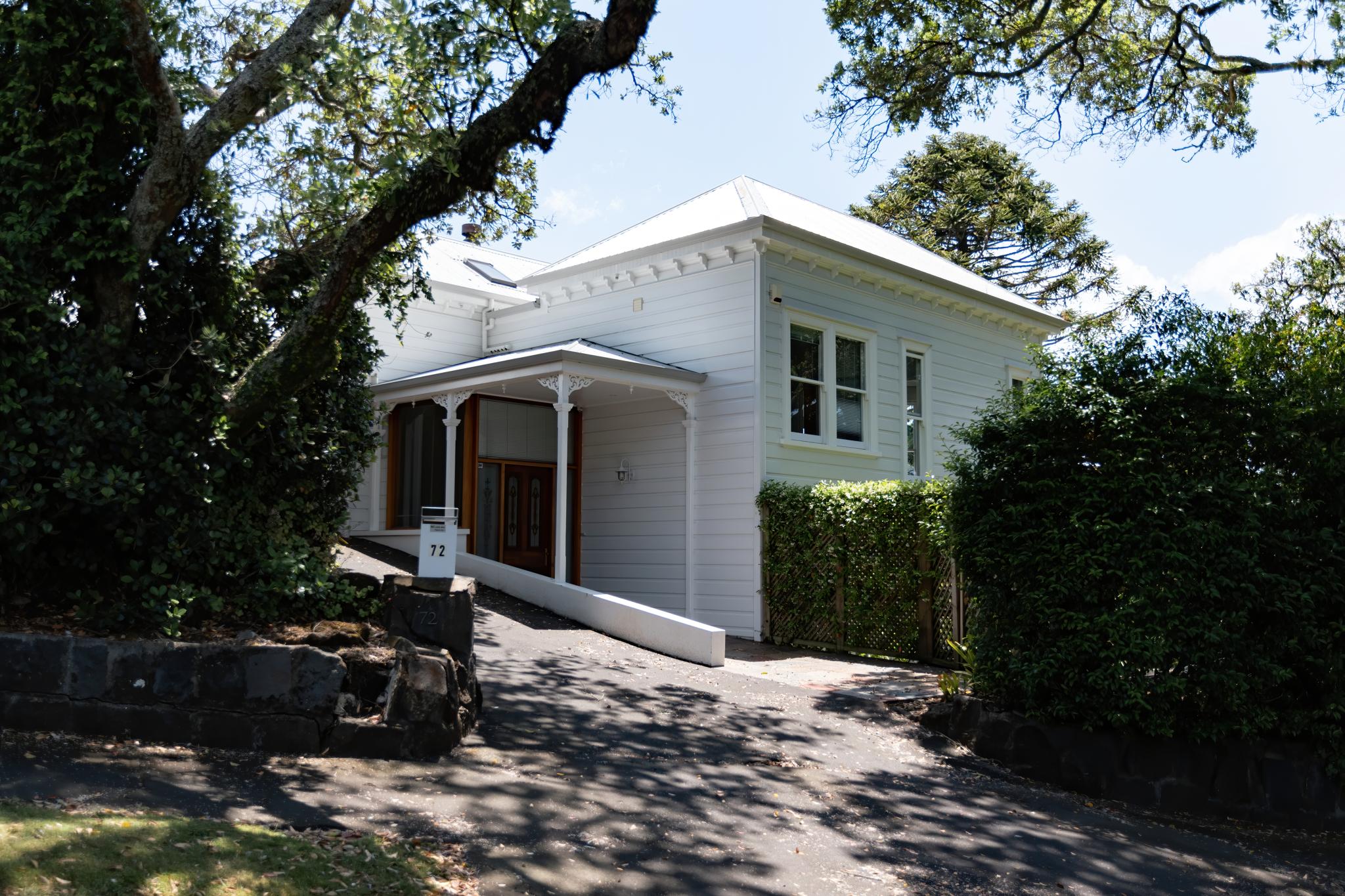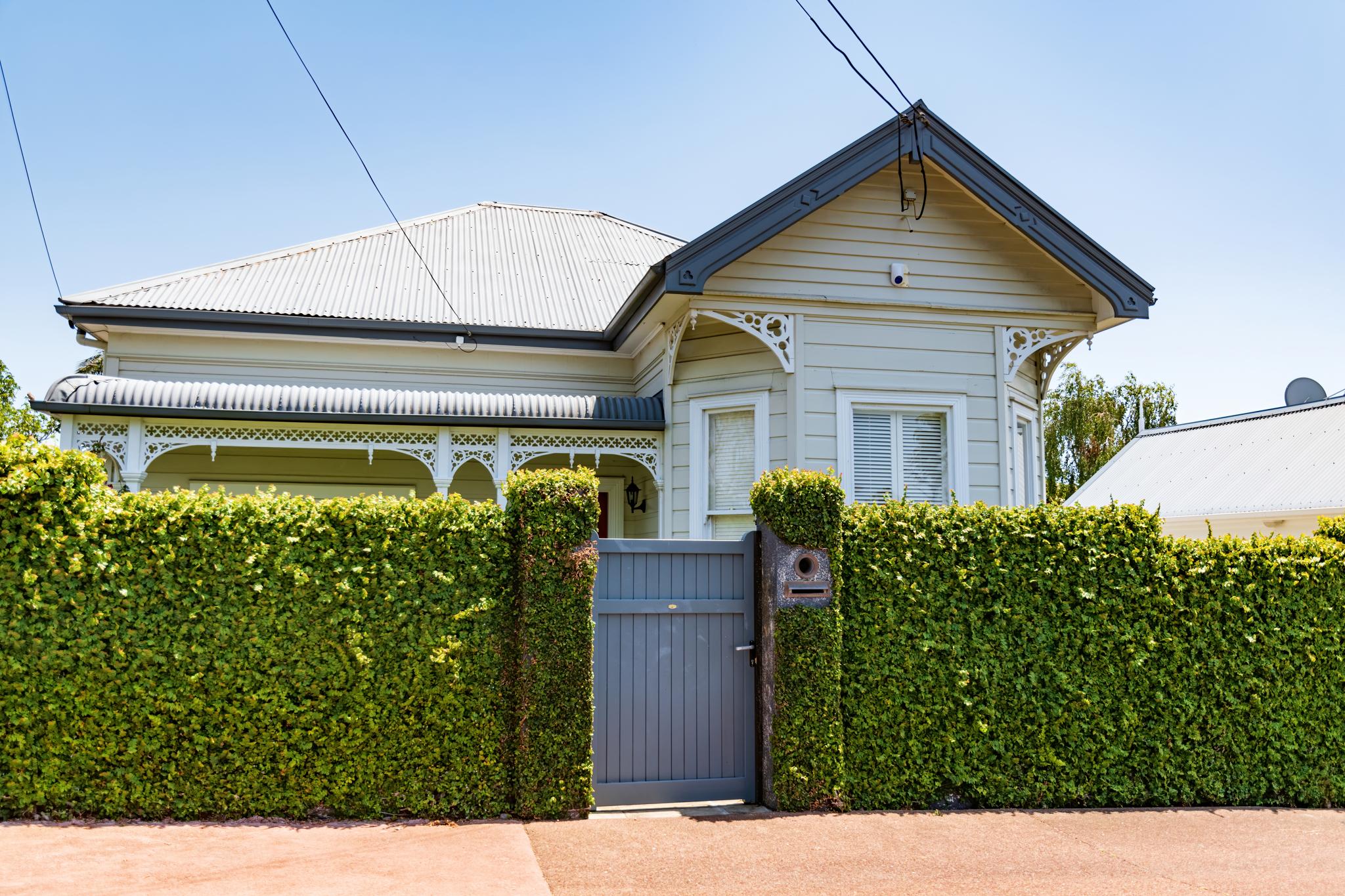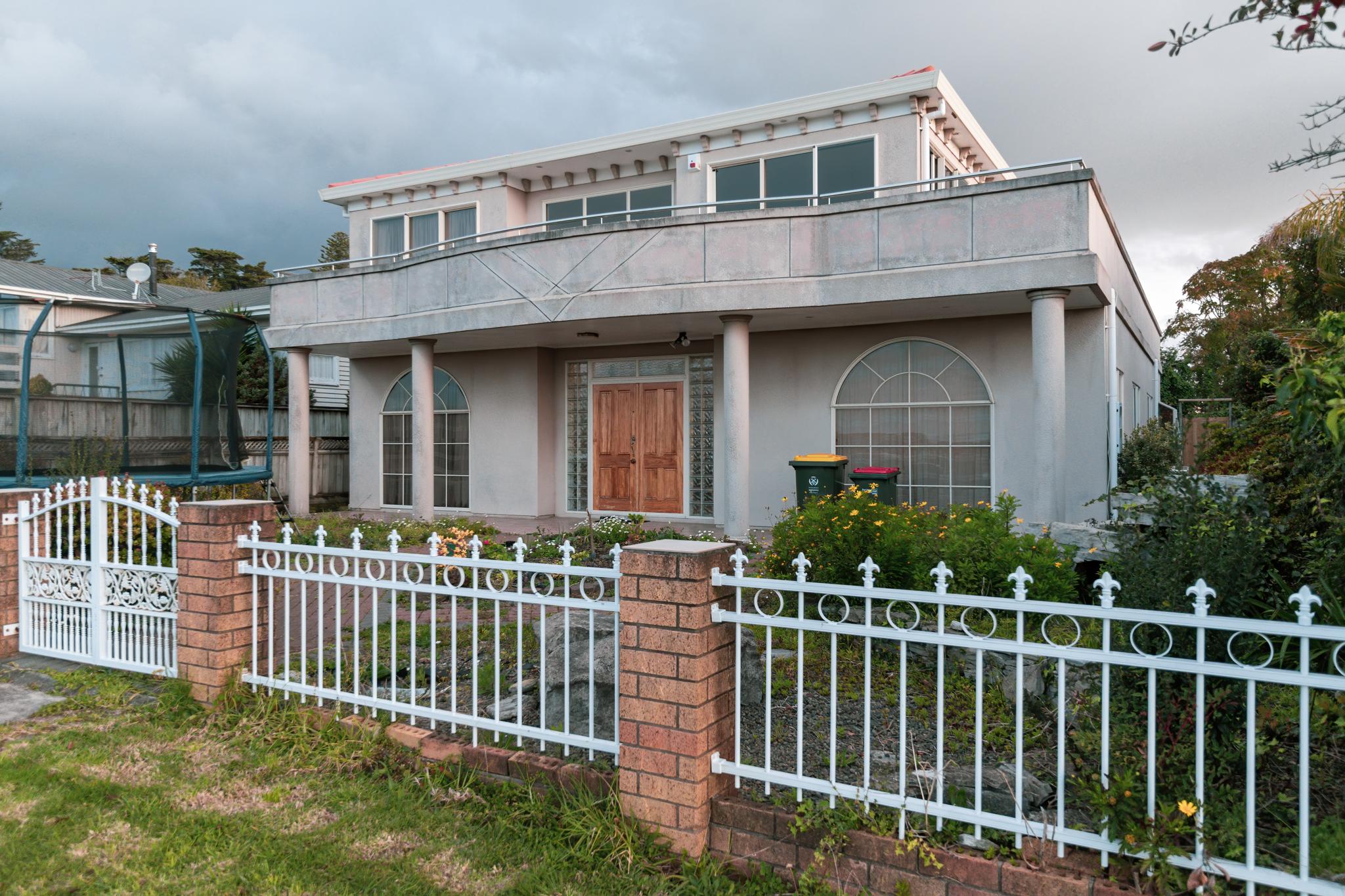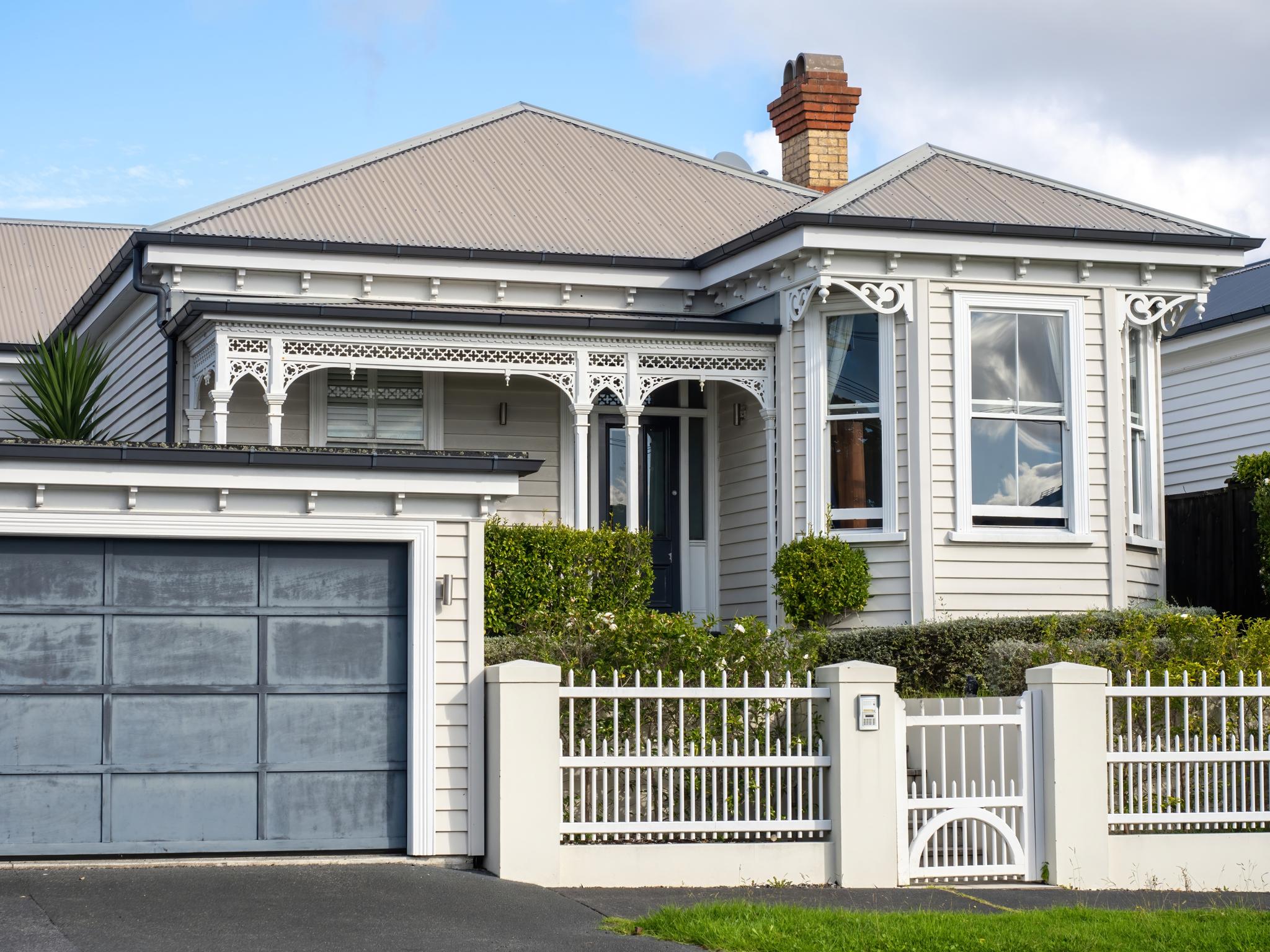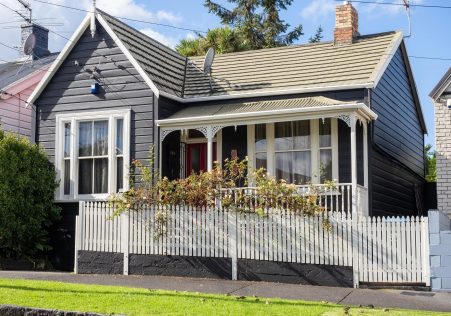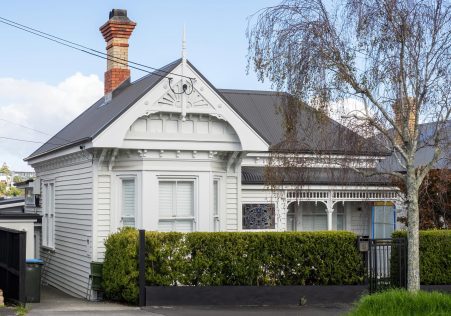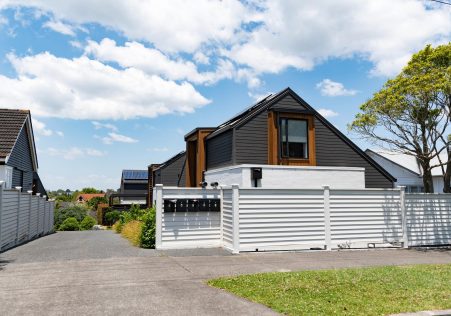What We Do
As building inspectors, we are experts in all issues involved in expert home inspects. We are here to make sure that you make the best choice when it comes to buying your next home.
We value your money We will conduct comprehensive examinations to ensure that you don’t be faced with any costly or unexpected surprise costs, meaning you are able to relax and focus on the exciting aspects of buying or owning your own home.
We are specialised in a range of services to make sure you are fully aware of the state of any property you might be considering buying or selling in addition to other solutions.
We do not just collaborate with you, but we also collaborate with a number of major clients, including local councils, banks, and insurance firms. They clearly enjoy the reassurance provided, due to the details that we offer in our reports of building inspections.
With our systemised approach to your property inspection as well as the latest technology in software with digital photos embedded into the document, you are able to actually see any issues identified. Through our detailed report, it’s easy to understand why we receive so many clients who recommend our service to family members and acquaintances.
Have Peace of Mind - Get in Touch
